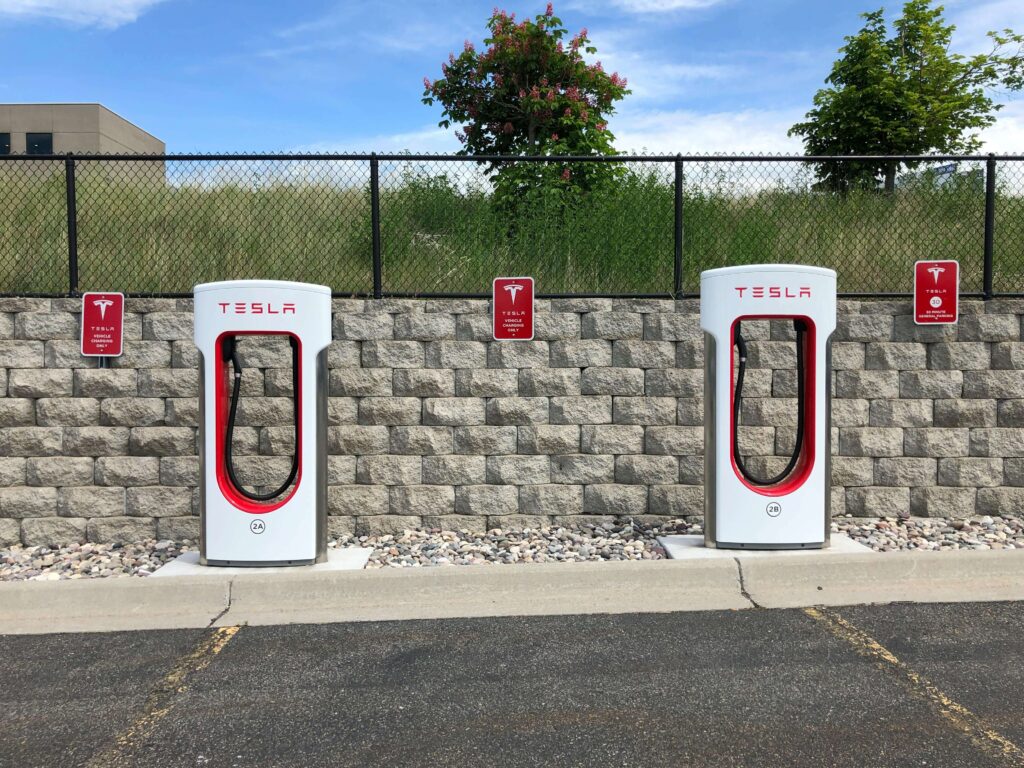
Photo by Chad Russell
Tesla, the pioneering electric vehicle company, is grappling with a tumultuous week as it navigates through layoffs and key executive departures, sending shockwaves through its share price. The company, known for its innovative approach to electric vehicles, has shed approximately 10% of its workforce, impacting an estimated 14,000 employees or more. Adding to the turbulence, two prominent executives have chosen to part ways with the company.
The repercussions of these events have reverberated in the stock market, with Tesla witnessing a decline in its share value. Year-to-date, the company’s worth has eroded significantly, plummeting by 35% by the close of trading yesterday.
This year has been marked by challenges for Tesla, with missed delivery targets in the first quarter and reports of reduced production-line hours for its highly anticipated Cybertruck. Moreover, the company faces intensified competition in the crucial Chinese market, where rivals are gaining traction with competitively priced electric vehicles. While Tesla has played a pivotal role in fostering the global electric vehicle market, its dominance in this arena is being increasingly challenged.
The shrinking market share could pose a greater risk than initially perceived. The automotive industry is vast and intricate, with numerous manufacturers vying for dominance. For Tesla, the stakes are high. The company currently boasts a price-to-sales multiple of 6.2x, according to Yahoo Finance, dwarfing traditional automotive giants like GM and Ford, which stand at 0.34x and 0.29x, respectively.
In essence, for every dollar of car sold, Tesla generates significantly more company value compared to its competitors. This premium valuation reflects investor optimism about Tesla’s potential for sustained growth, not only in the electric vehicle sector but also in energy and related industries. However, if Tesla were to be valued similarly to GM or Ford based on revenue multiples, it would substantially diminish its market worth.
The recent series of challenges, including price cuts, declining deliveries, heightened competition, and mass layoffs, paint a picture of Tesla aligning more closely with traditional business norms rather than its previous image as a disruptor immune to conventional market forces. As Tesla faces these headwinds, it prompts a deeper conversation about the company’s trajectory and its ability to navigate the evolving landscape of the automotive industry.
You can read more here: https://www.cnbc.com/2024/04/15/tesla-shares-dip-in-premarket-trade-on-global-layoff-reports.html